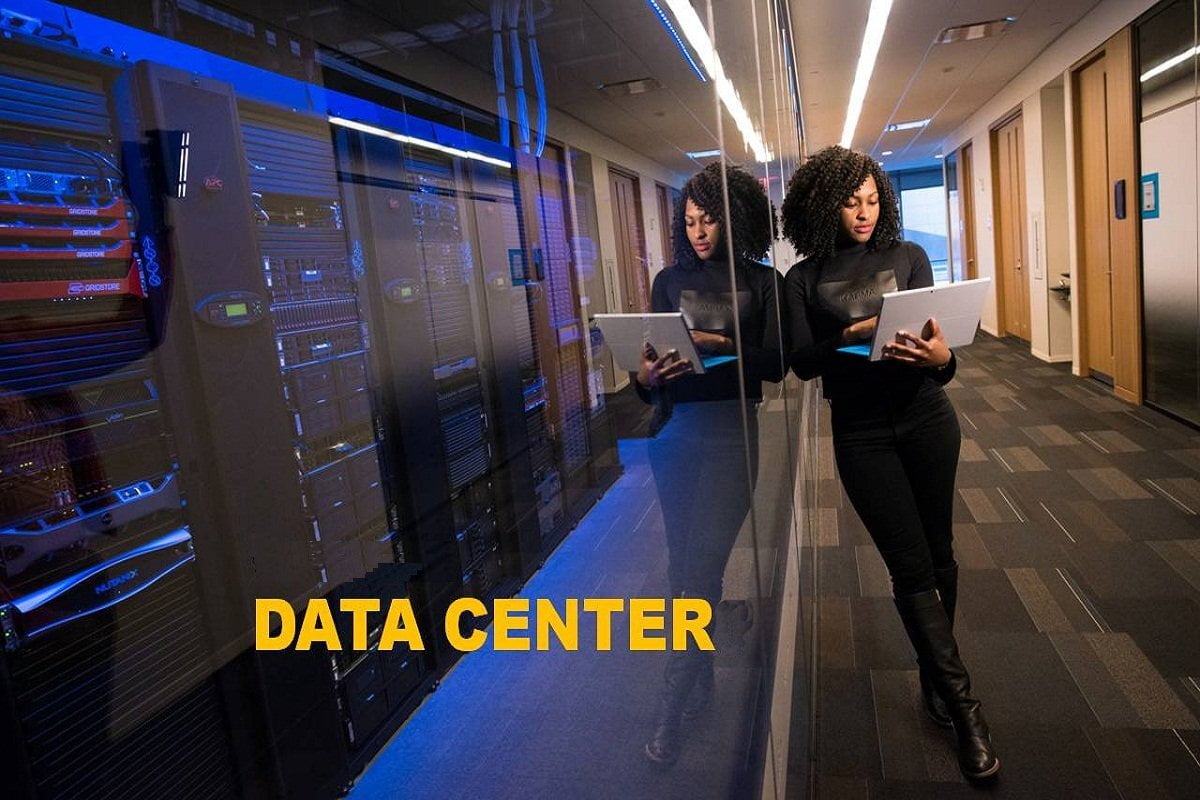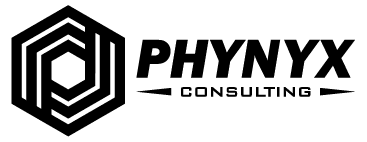NetSuite & Celigo Implementation Services
Assessment, Process & Architecture
Business Requirements and Documentation
NetSuite Implementation & Customization
Shopify ↔ NetSuite Integration
Shopify is one of the most adopted webstore platforms. Connect your Shopify stores (single or multiple) with NetSuite ERP.
Amazon – NetSuite Integration
3PL – NetSuite Integrations

Specialized Asset Appraisals
Data Center Appraisal
In the United States, there is a rapidly increasing demand for data center appraisals, which involve evaluating the facilities or buildings used to store internet servers or other data-based equipment. This demand is being driven by the need for greater data storage capacity to support a range of online services, including banking, social media, artificial intelligence, 5G, and others. Typically, these buildings are situated within industrial parks, but are custom-designed and feature redundant or backup components to ensure their reliability and functionality.
Few notable standards for the design of data centers
Security, Fire Protection – To ensure the safety of the data stored within the center, high levels of security and fire protection measures are necessary. This typically includes CCTV and security patrols, fencing, security guards, and strict entry requirements. For fire protection, advanced systems such as sprinklers, mists, and chemical suppression are often employed.
Cooling – Robust cooling systems are also essential to keep the servers from overheating. Backup systems are typically in place to ensure continued operation in case of primary system failure, and airflow within the data center is carefully monitored.
Power Sources – Due to the heavy electricity consumption of the servers, reliable power sources are critical. Backup systems, such as battery banks and diesel or gas turbine generators, are in place to automatically initiate in the event of a power outage. In many cases, there are also two sources of primary power or connections to the power grid.
Internal Equipment – The internal equipment, mainly consisting of servers that can be easily expanded or moved, is not typically considered in the appraisal of the data center as it is not fixed to the asset itself.
Raised Floor – Finally, a raised floor is an important component that allows cables to be fed through the floor of data centers. This enables efficient cable management and organization within the facility.
Types
Modular Data Center – A modular data center is a flexible option that can be easily expanded or reduced in size to accommodate changing client demand. Often pre-engineered, these data centers may be constructed from containers or shipping containers for easy transportation.
Green Data Center – Green data centers prioritize reduced emissions, often leveraging outside air for cooling and locating in arctic climates. Renewable energy sources are also frequently utilized.
Data Center REITS – While not a specific type of data center, Data Center REITs (Real Estate Investment Trusts) are becoming an increasingly popular investment option. These funds are positioned to benefit from future growth in demand driven by emerging technologies such as 5G and AI. While most are located in the US and Europe, some real estate funds in Latin America have also invested in data centers as part of their broader stabilized asset portfolios. Notable examples include funds managed by PEI, Visum, and FUNO.
